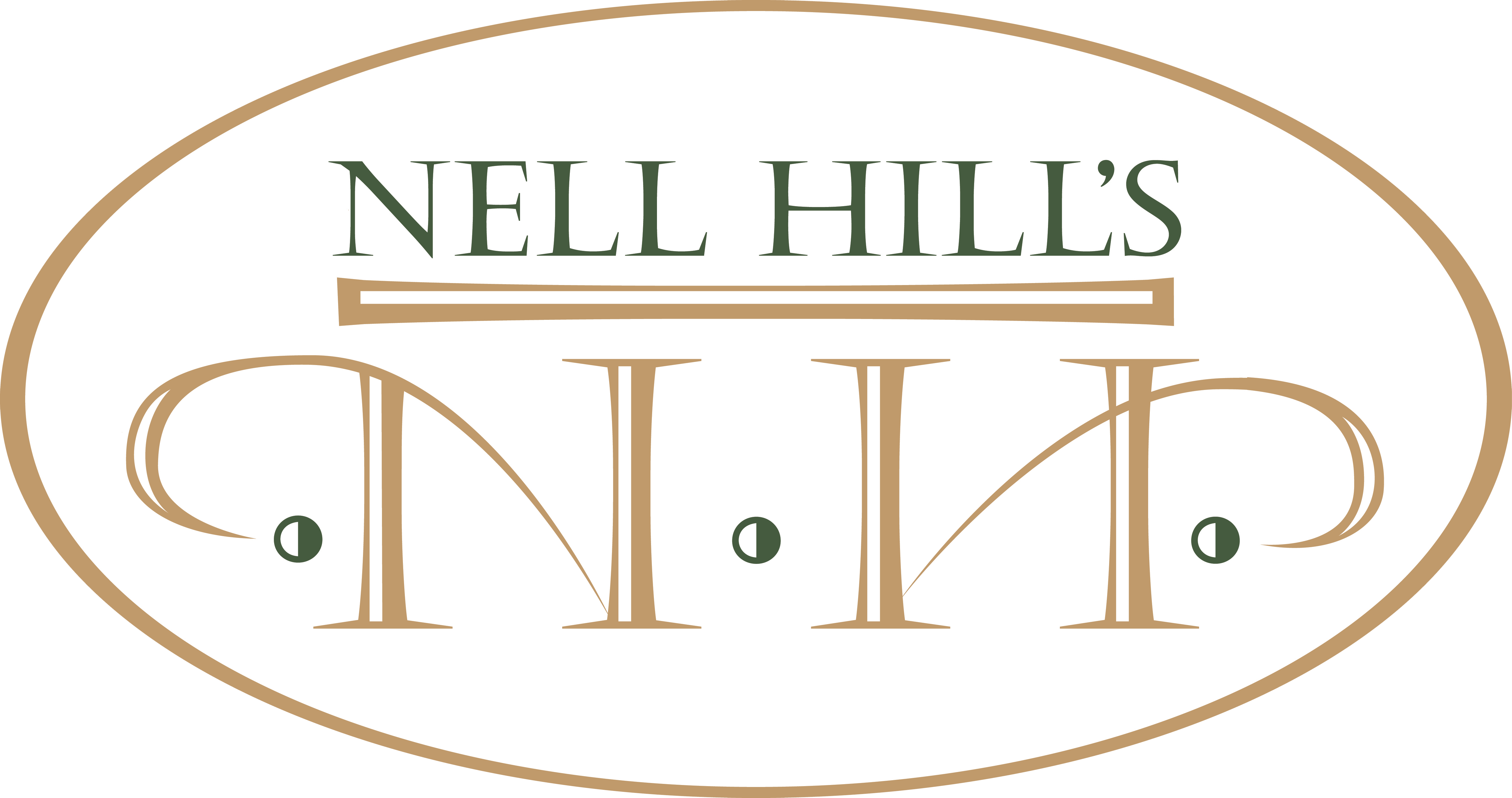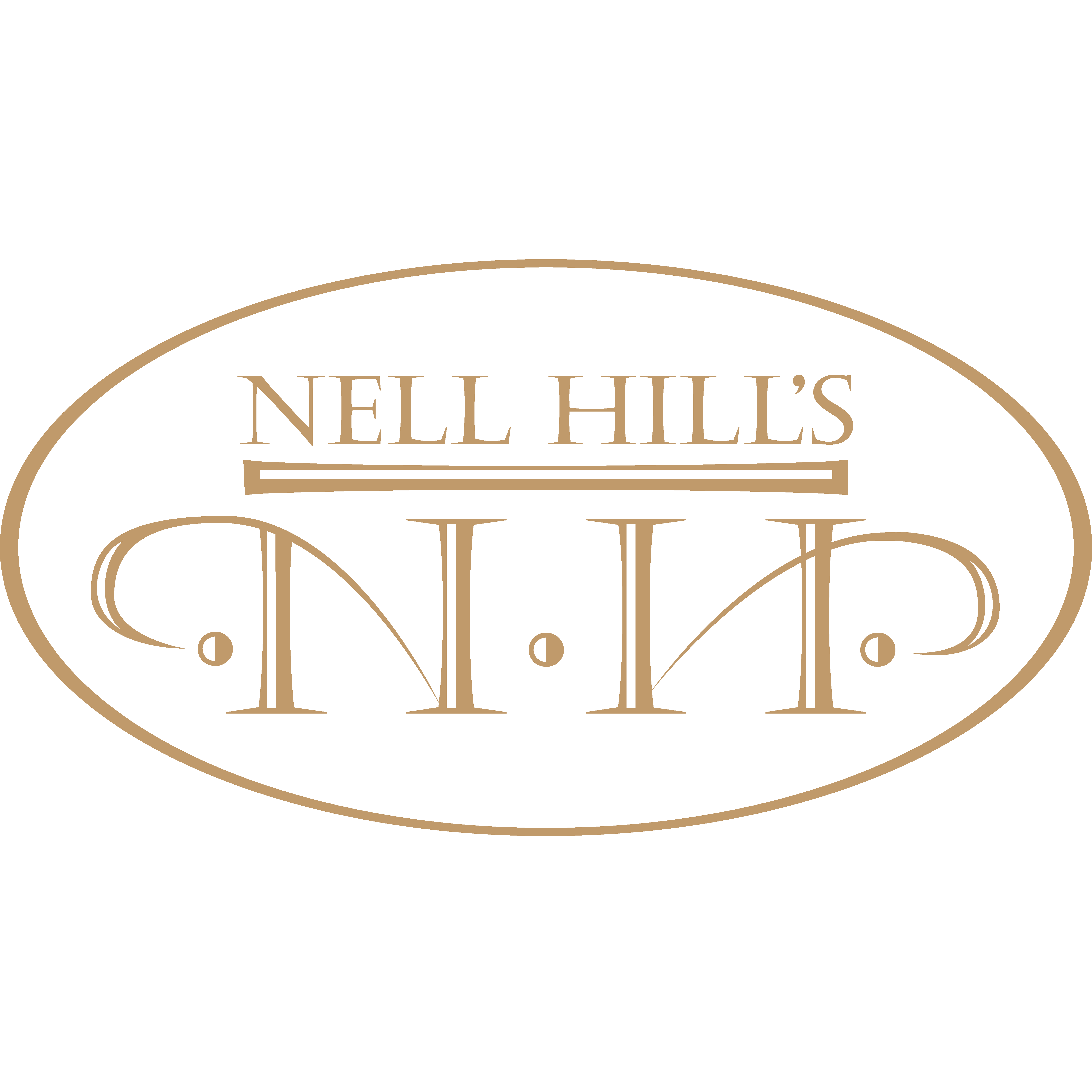When it comes to home design, two seemingly similar concepts have gained attention in the online world in recent years: the ideas of cluttercore and clustercore. While they share some similarities, there are a few key differences that set them apart. Cluttercore embraces a more haphazard approach, where an abundance of objects and knick-knacks are intentionally scattered throughout a space, creating a cozy and lived-in atmosphere. It celebrates the beauty of imperfection and embraces the sentimental value of personal belongings.
On the other hand, clustercore takes a more curated and intentional approach. It involves grouping objects and decor in deliberate clusters, creating visually captivating focal points that draw the eye and tell a story. Clustercore strikes a balance between showcasing personal items and maintaining a sense of order and cohesion. It encourages thoughtful curation and the careful placement of items to achieve a harmonious and visually striking space. Ultimately, both cluttercore and clustercore offer unique ways to infuse personality and creativity into home design, allowing you to express your individuality through your living spaces.
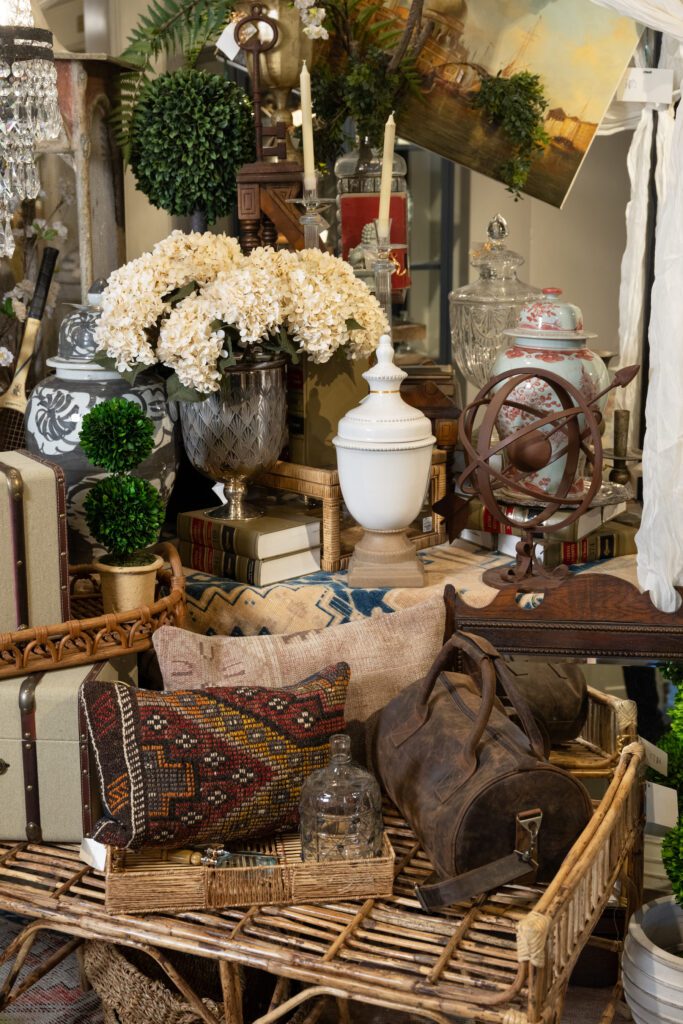
What is Cluttercore
Cluttercore and clustercore represent two contrasting philosophies when it comes to organizing and displaying personal belongings. Cluttercore finds beauty in the chaos, embracing the idea that a space can be filled with items that bring joy and nostalgia. It encourages a sense of comfort and familiarity, where every nook and cranny tells a story. Cluttercore enthusiasts often prioritize sentimentality over minimalism, allowing their homes to become a reflection of their personal journeys and experiences.
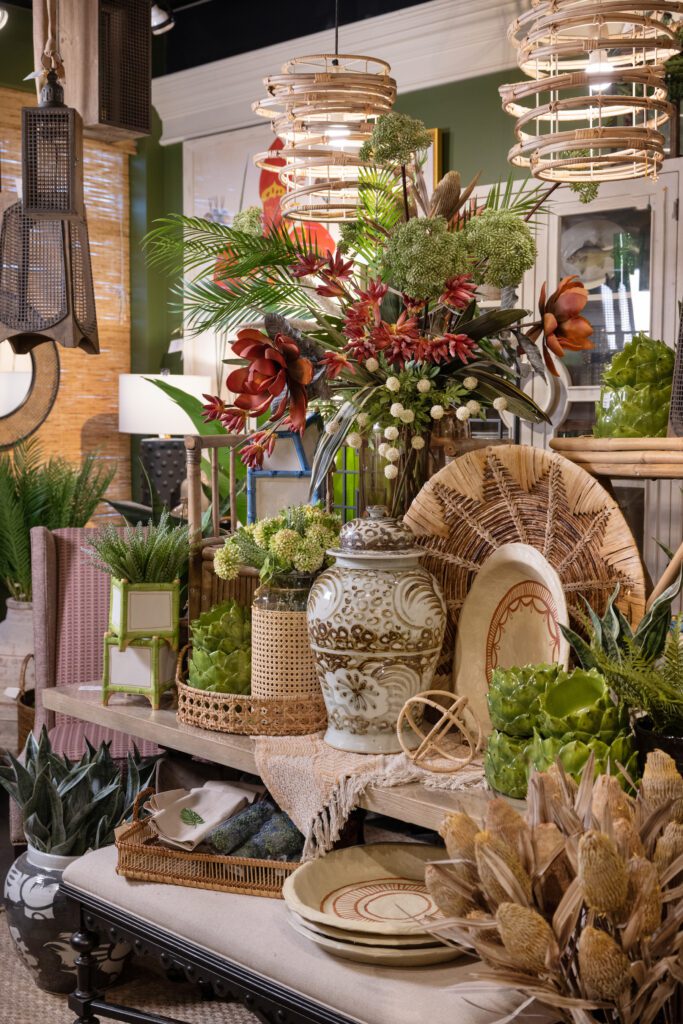
What is Clustercore
In contrast, clustercore takes a more curated and intentional approach to arranging objects. It emphasizes the art of arrangement and composition, where carefully selected items are grouped together to create visually striking clusters. Clustercore enthusiasts pay attention to the relationship between objects, considering color schemes, textures, and shapes to create a cohesive and aesthetically pleasing arrangement. Each cluster becomes a focal point within the space, capturing attention and inviting exploration. It encourages a mindful approach to showcasing personal belongings while maintaining an element of order and balance.
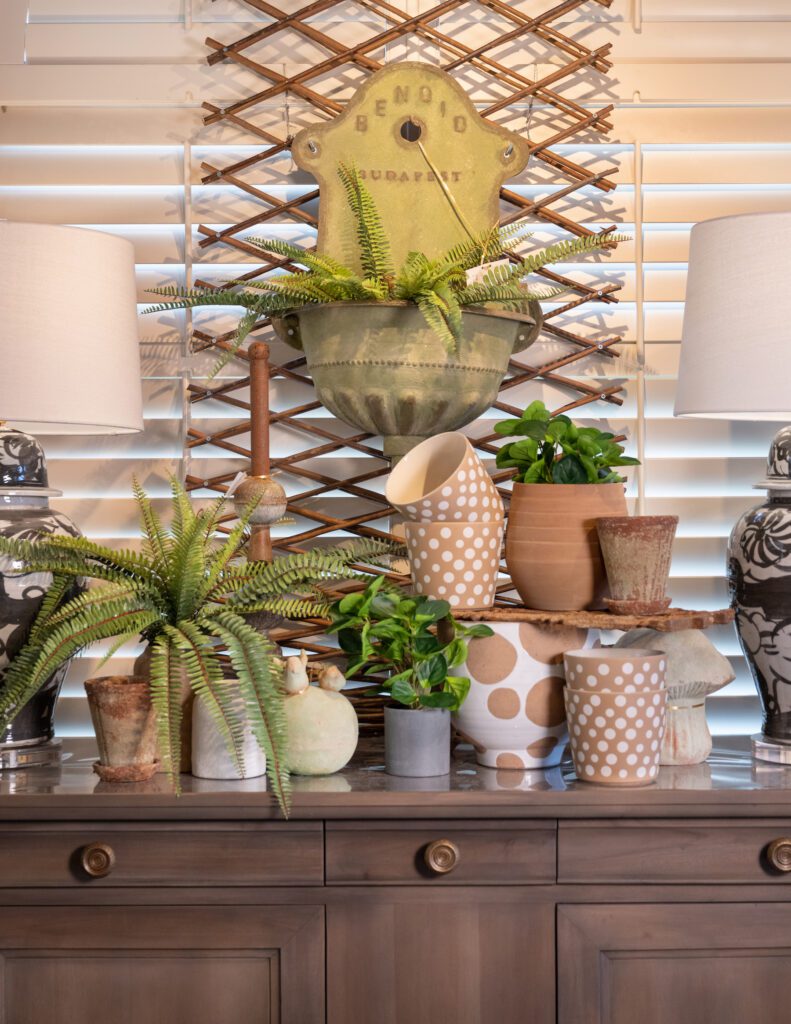
Recreating the Looks at Home
Creating a cluttercore look in your home involves embracing the beauty of imperfection and creating a space filled with cherished objects and personal mementos. Start by curating a collection of items that hold sentimental value or evoke happy memories. These could be vintage trinkets, family heirlooms, or quirky finds from flea markets. Embrace the concept of “organized chaos” by strategically placing these objects throughout your space. Avoid strict organization and instead allow your belongings to be casually scattered and displayed on shelves, tabletops, and even walls. Embrace an eclectic mix of textures, colors, and patterns to add visual interest and depth to your cluttercore aesthetic. The key is to create a space that feels cozy, lived-in, and filled with stories. Remember, cluttercore is all about celebrating the sentimental value of objects and creating a warm and inviting atmosphere that reflects your personal journey.
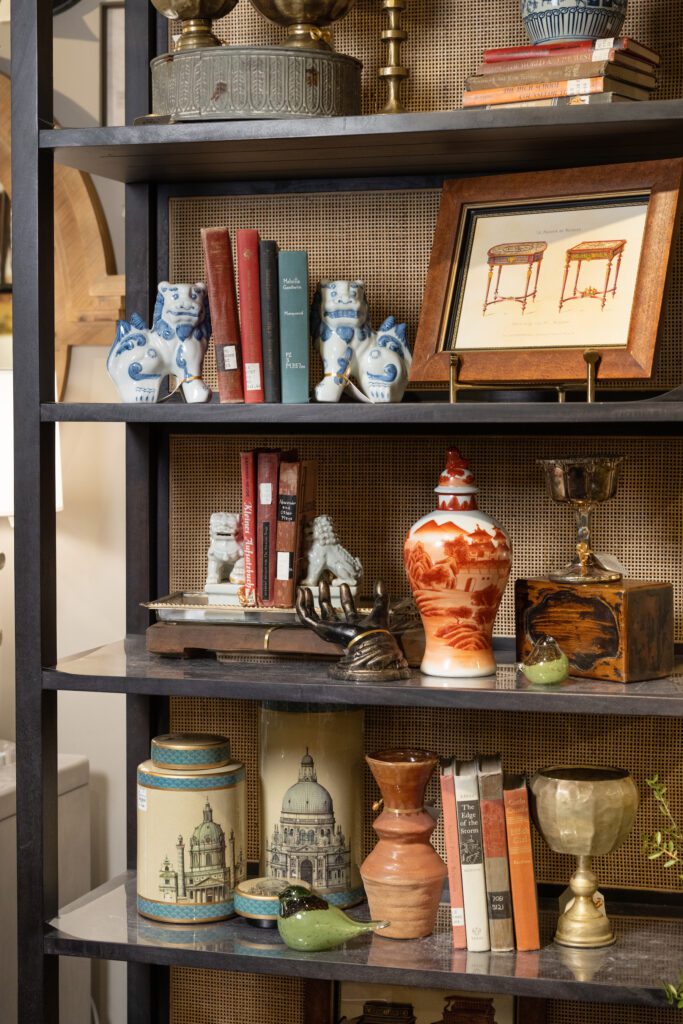
To achieve a clustercore look by design, it’s important to strike a balance between intentional curation and visual appeal. Start by selecting a few key items that hold sentimental value or reflect your personal interests. These could include cherished photographs, vintage treasures, or unique artwork. Next, consider the composition of your clusters. Arrange items in groups of varying sizes, heights, and textures to create visual interest. Experiment with different arrangements until you find a configuration that feels harmonious and visually captivating. Don’t be afraid to mix and match different styles and eras to add depth and character to your clusters. Remember to consider the surrounding space and ensure that the clusters complement the overall aesthetic of the room. By curating thoughtfully arranged clusters, you can create striking focal points that tell a story and infuse your home with the enchanting allure of clustercore.
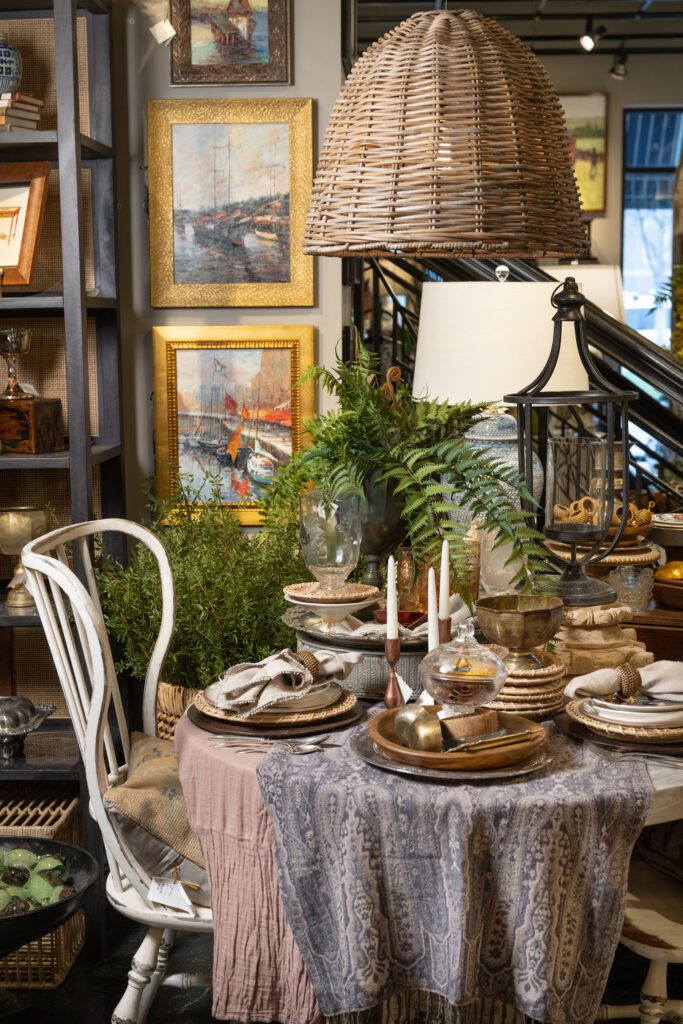
I am continually inspired by the unique ways these design philosophies can transform a space. Cluttercore embraces the beauty of sentimental objects and celebrates the joy that comes from surrounding ourselves with cherished belongings. On the other hand, clustercore invites us to curate intentional arrangements that become captivating focal points, telling stories and captivating the eye. Both cluttercore and clustercore offer opportunities for self-expression and creativity in home design. Whether you prefer the cozy chaos of cluttercore or the curated compositions of clustercore, these styles remind us that our homes are not just spaces, but reflections of our personalities and journeys. So, let’s embrace the allure of clutter and the art of clustering as we design spaces that truly feel like home. Until next time – happy decorating!
